CALS Students Help Rebuild the Past and Shape the Future at the BTU
By Raychel Rabon
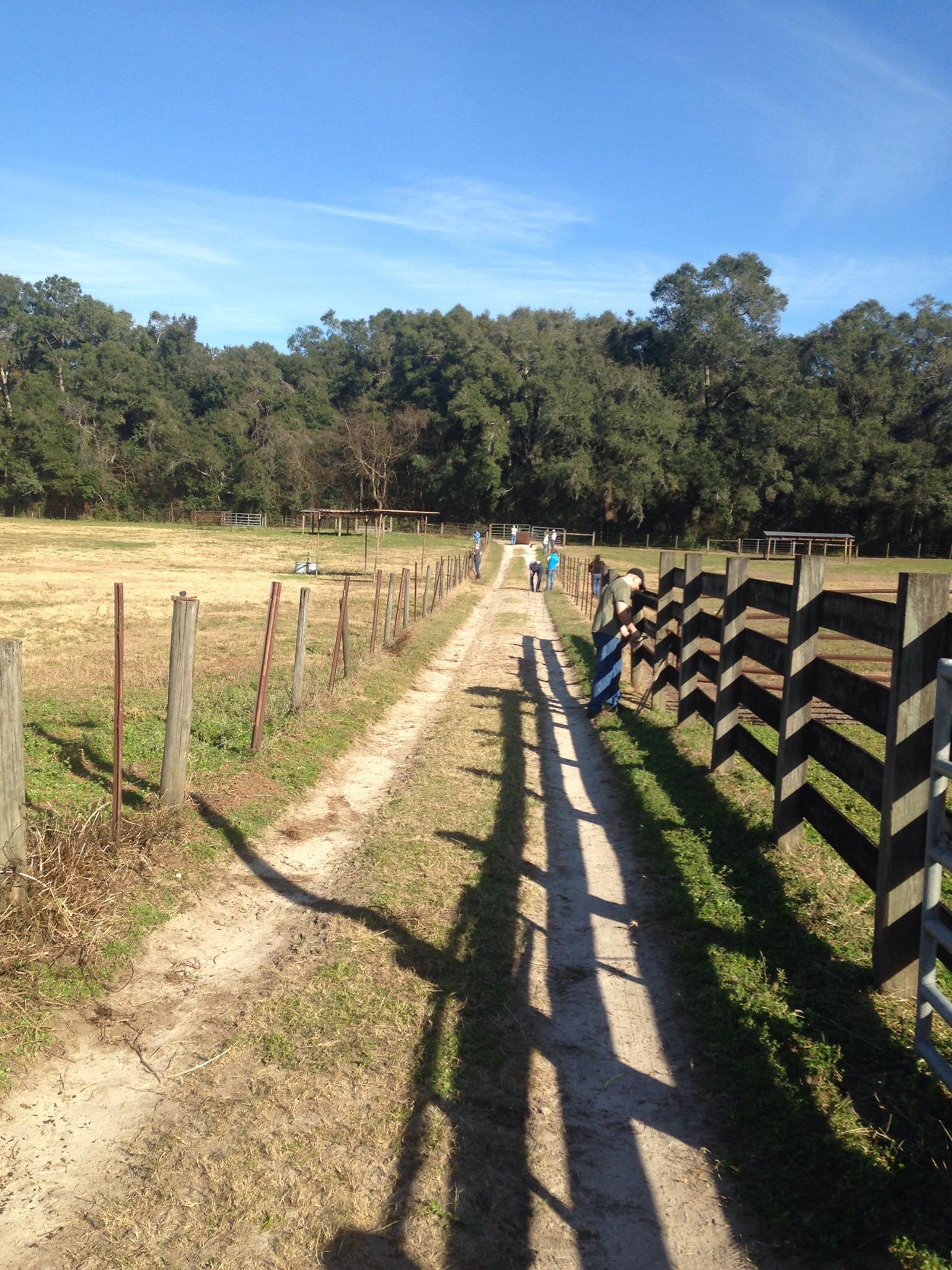

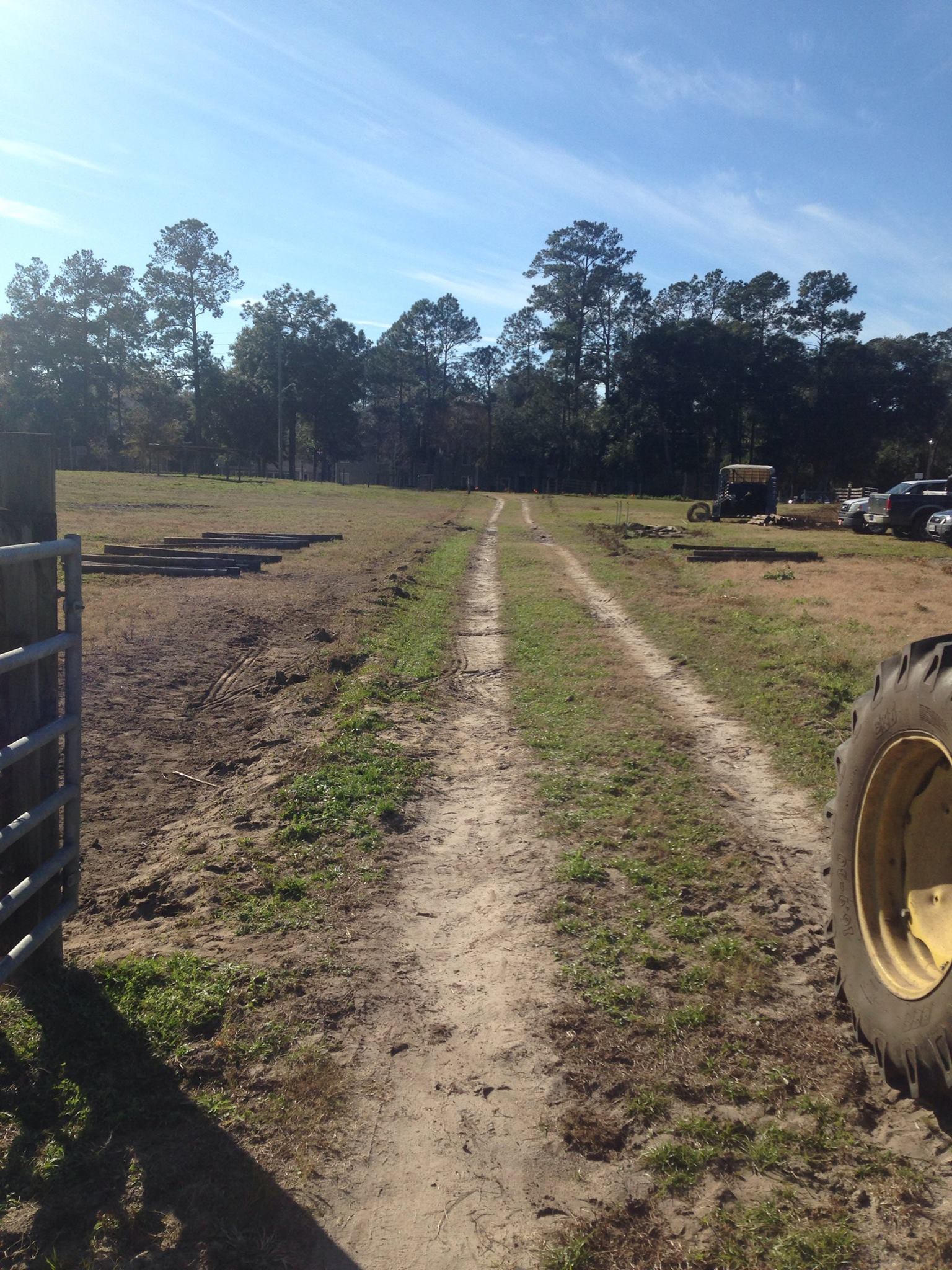 It was decided that the work needed to be done as soon as possible and Thrift proposed that his class could get it done.
It was decided that the work needed to be done as soon as possible and Thrift proposed that his class could get it done.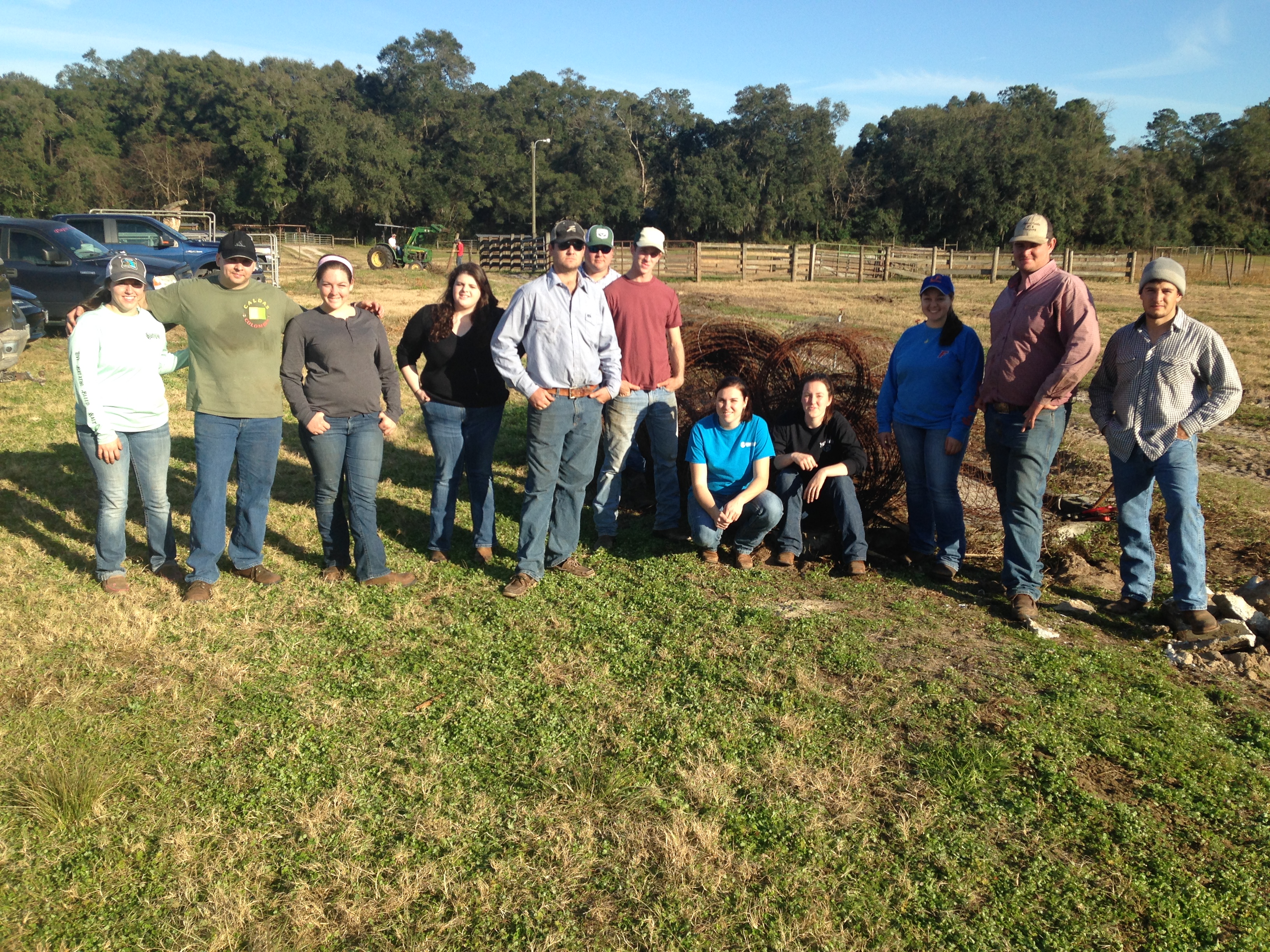 "I think you will see this group be involved on many, many levels," Thrift said. "The connections they make in these classes will be the lifetime business partners that they deal with for the next 40 years."
"I think you will see this group be involved on many, many levels," Thrift said. "The connections they make in these classes will be the lifetime business partners that they deal with for the next 40 years."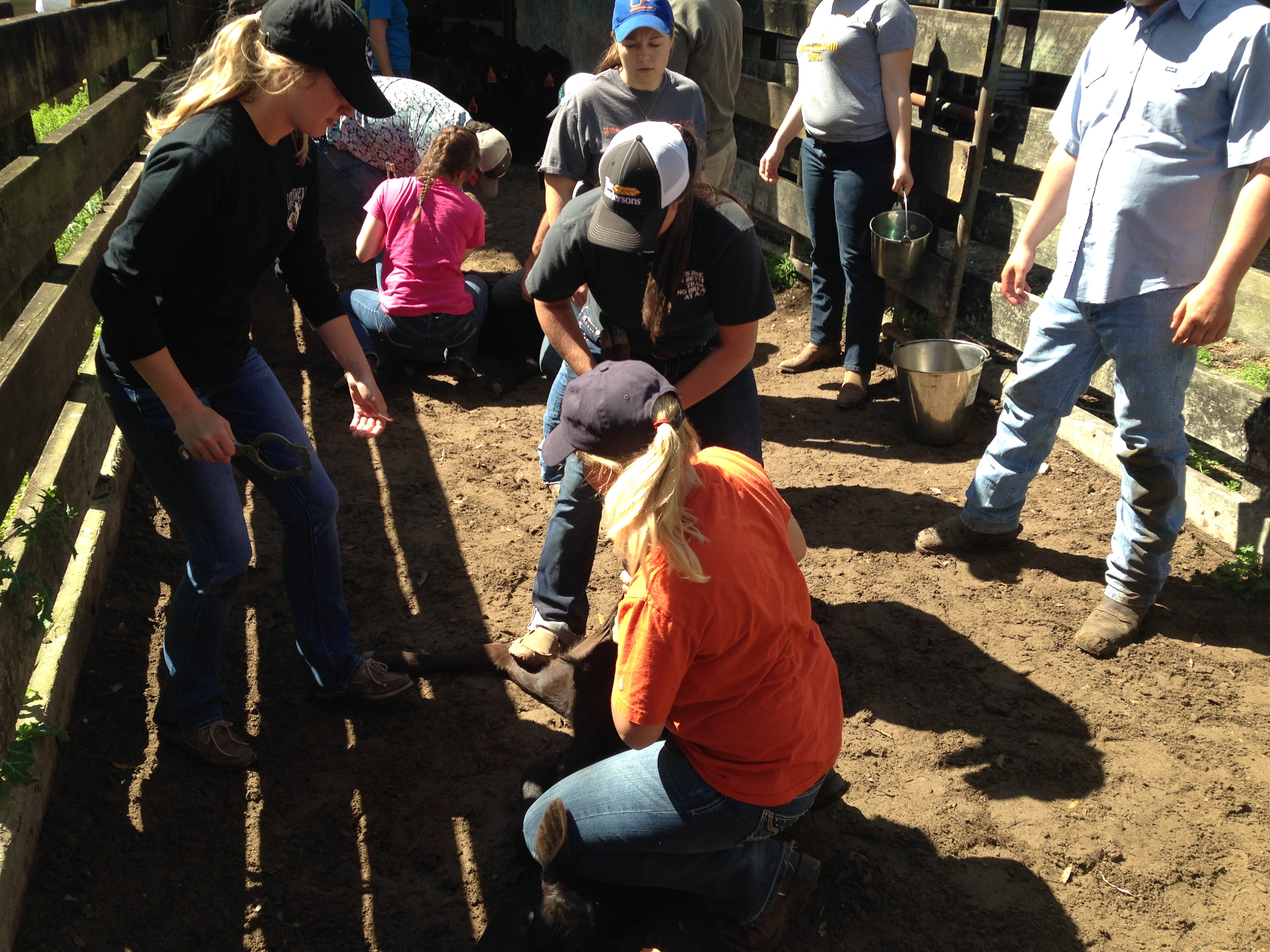 Thrift attributes much of the progress on the Beef Teaching Unit expansion to the Florida Cattlemen's Association and other industry supporters.
Thrift attributes much of the progress on the Beef Teaching Unit expansion to the Florida Cattlemen's Association and other industry supporters.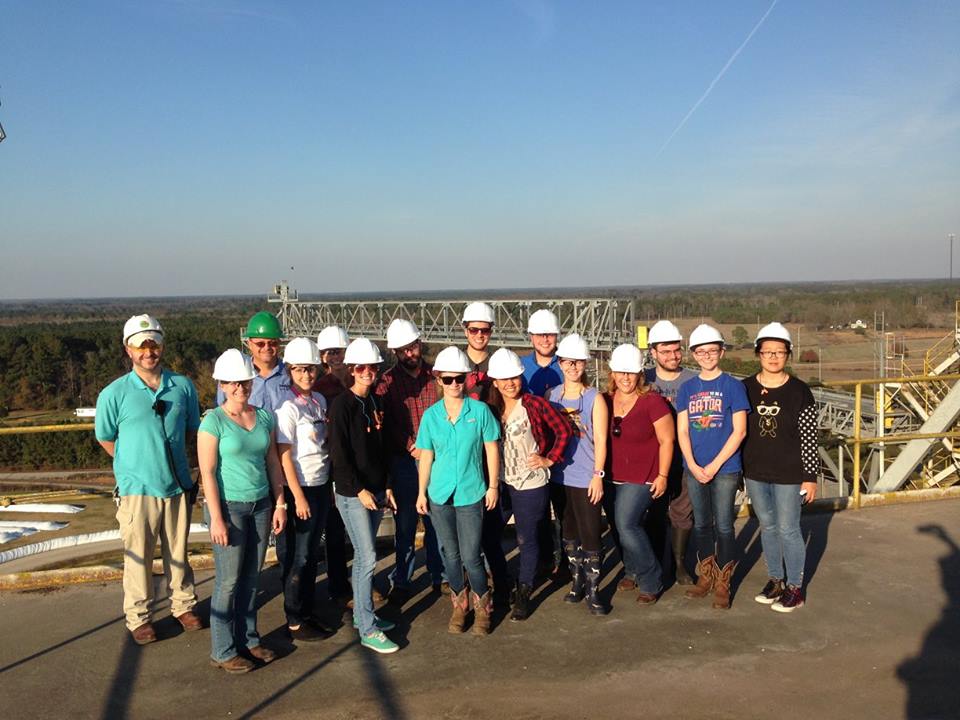
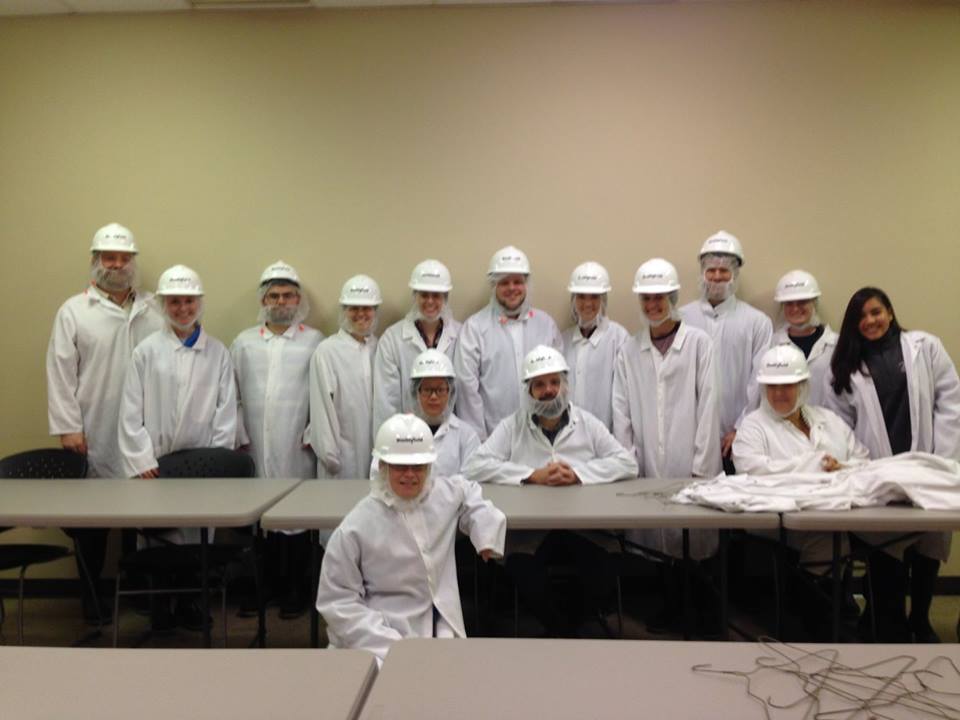 This course was reestablished in 2015 after a 40-year hiatus when the Department of Animal Sciences observed that students were beginning to show more interest in completing their required internship credits within pork production. Recognizing the interest and the opportunity to lead students to other opportunities, the department decided to offer the Pork Production course for senior level undergraduate students.
This course was reestablished in 2015 after a 40-year hiatus when the Department of Animal Sciences observed that students were beginning to show more interest in completing their required internship credits within pork production. Recognizing the interest and the opportunity to lead students to other opportunities, the department decided to offer the Pork Production course for senior level undergraduate students.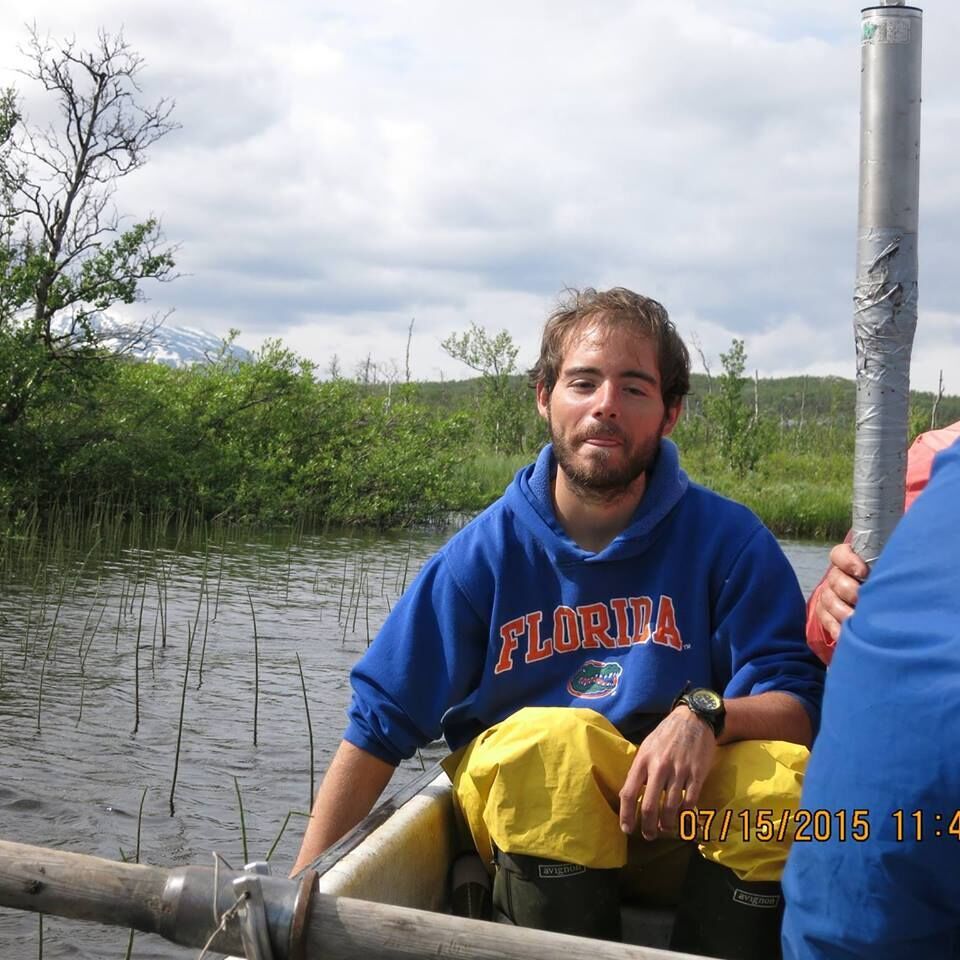
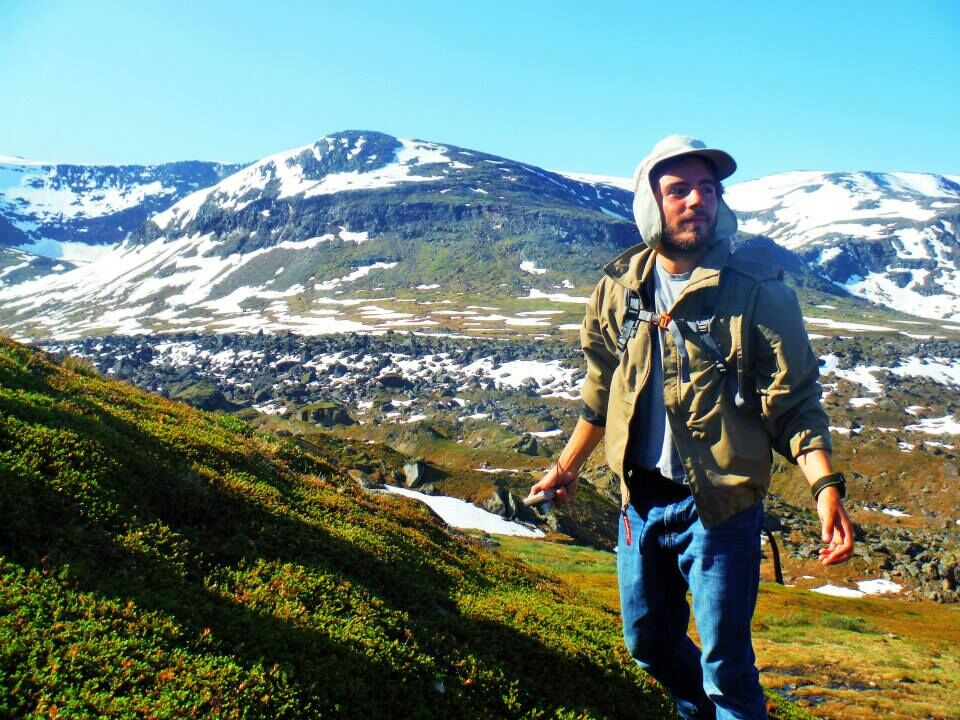 Horruitiner's work focused on identifying the types of vegetation, composition of sediments and levels of methane emissions throughout a series of lakes in the region.
Horruitiner's work focused on identifying the types of vegetation, composition of sediments and levels of methane emissions throughout a series of lakes in the region. 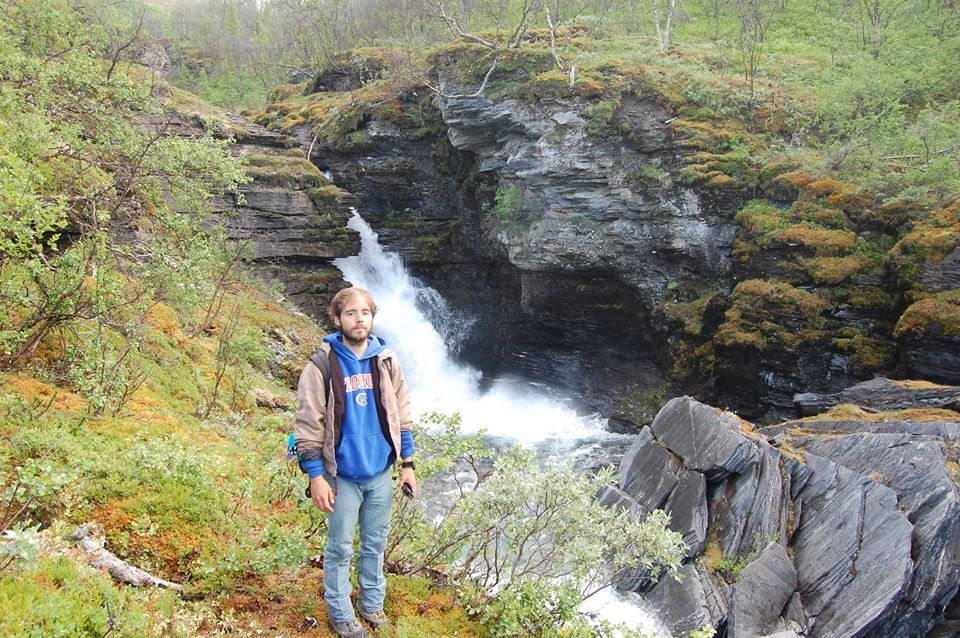 "I just pursued a passion and decided to challenge myself," Horruitiner said.
"I just pursued a passion and decided to challenge myself," Horruitiner said. 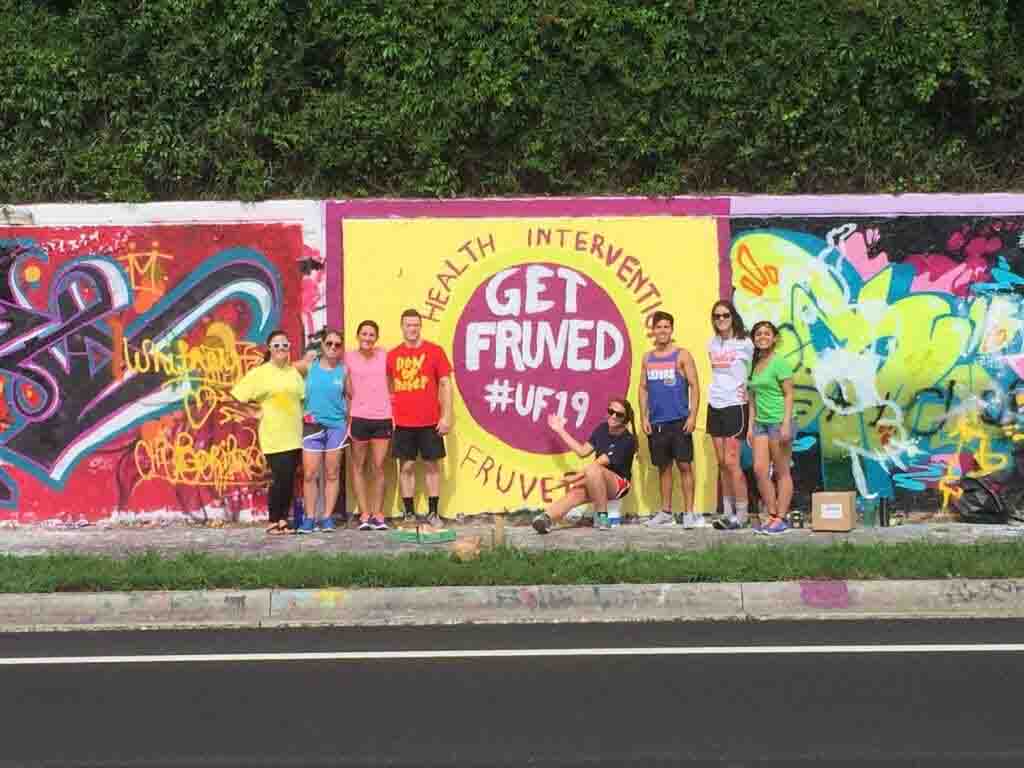
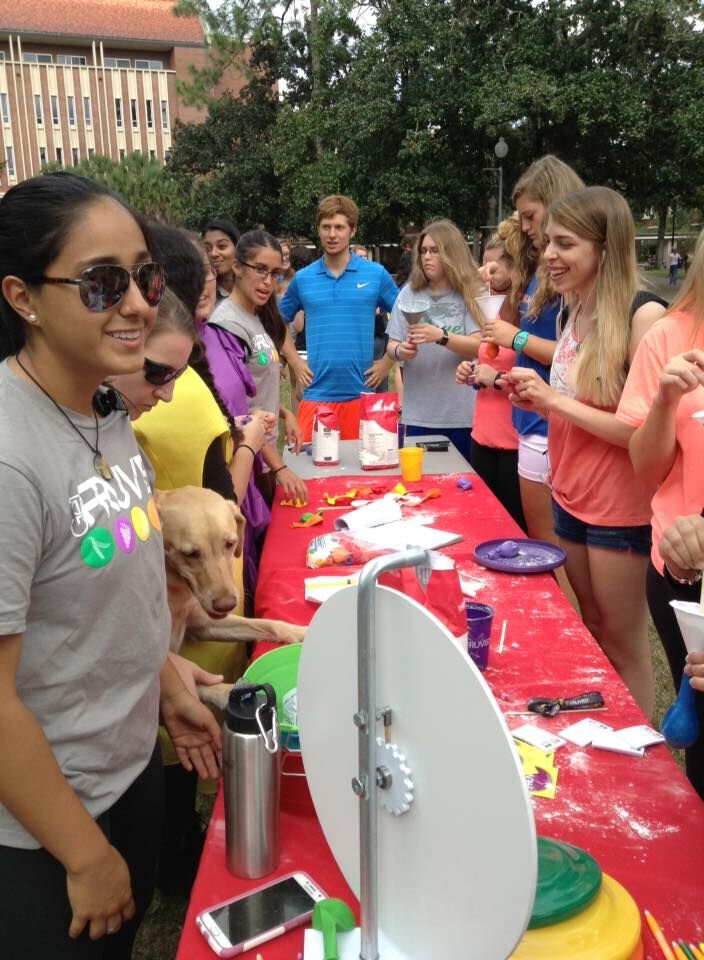 As one of the experimental campuses, UF students have created and are implementing a 24-week plan of health-promoting activities to take place throughout the fall and spring semesters. Study participants are the targets for these events, but all UF students are welcome to attend.
As one of the experimental campuses, UF students have created and are implementing a 24-week plan of health-promoting activities to take place throughout the fall and spring semesters. Study participants are the targets for these events, but all UF students are welcome to attend.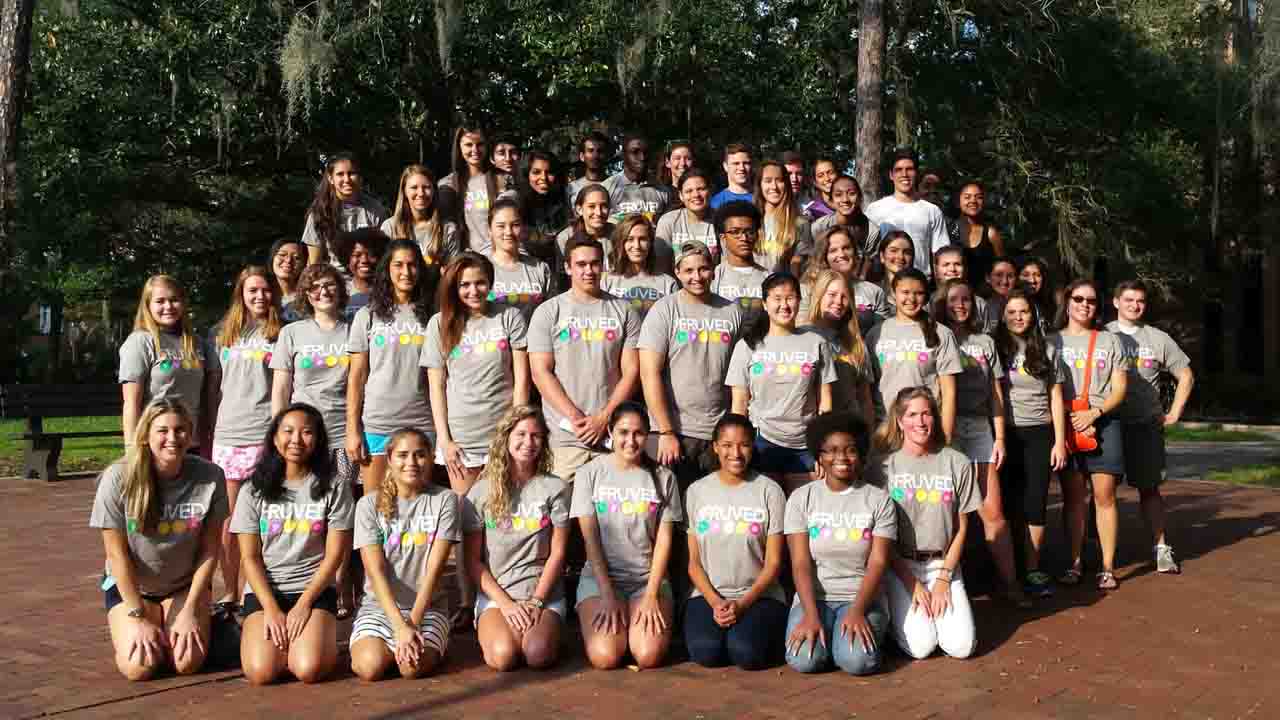 "What we're hoping is that some of the freshmen that are really engaged will want to then go work with high schools, so it will sort of trickle down- the mentee becomes the mentor to the high school students," Mathews said.
"What we're hoping is that some of the freshmen that are really engaged will want to then go work with high schools, so it will sort of trickle down- the mentee becomes the mentor to the high school students," Mathews said. 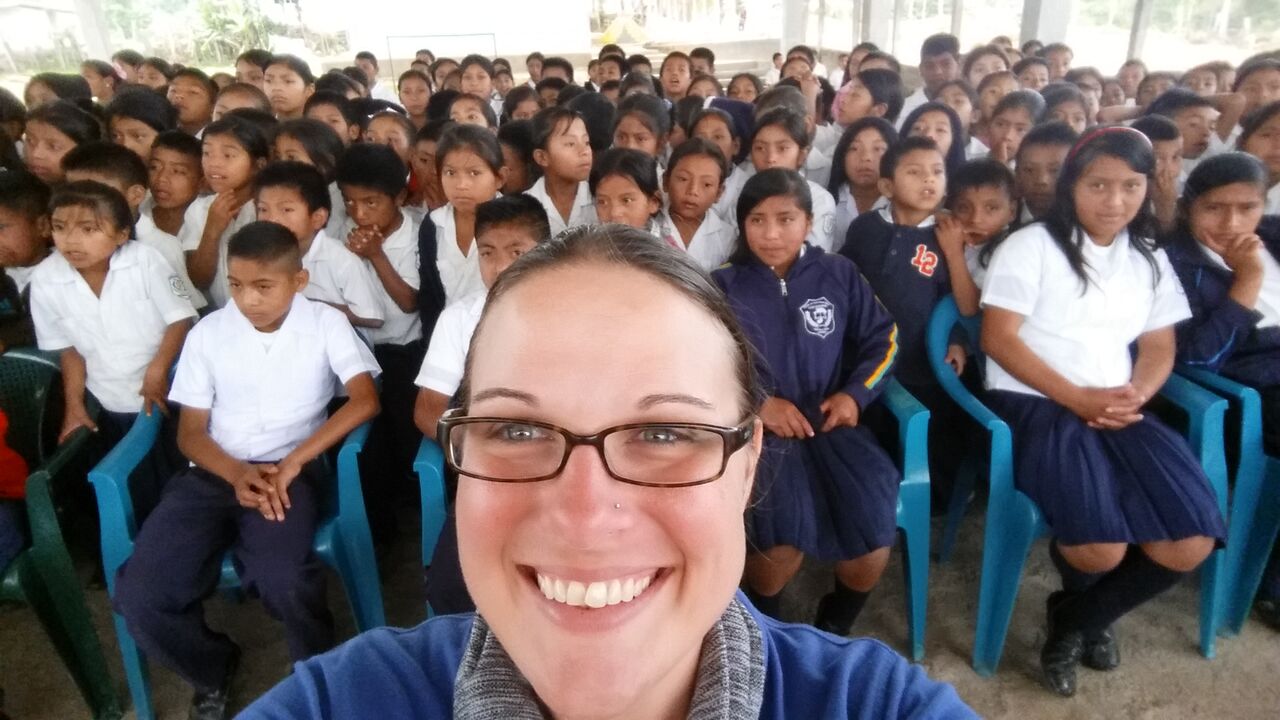
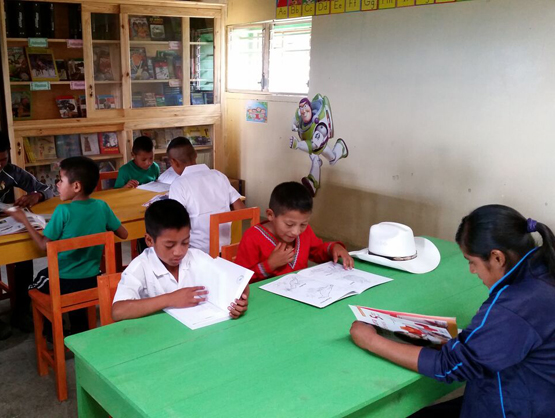 Within a couple of weeks, Williams was able to raise more than $8,000, which would eventually go toward approximately 1,000 books, a new wall to create a space for the library and new bookcases to protect the books from the warm and humid climate.
Within a couple of weeks, Williams was able to raise more than $8,000, which would eventually go toward approximately 1,000 books, a new wall to create a space for the library and new bookcases to protect the books from the warm and humid climate. 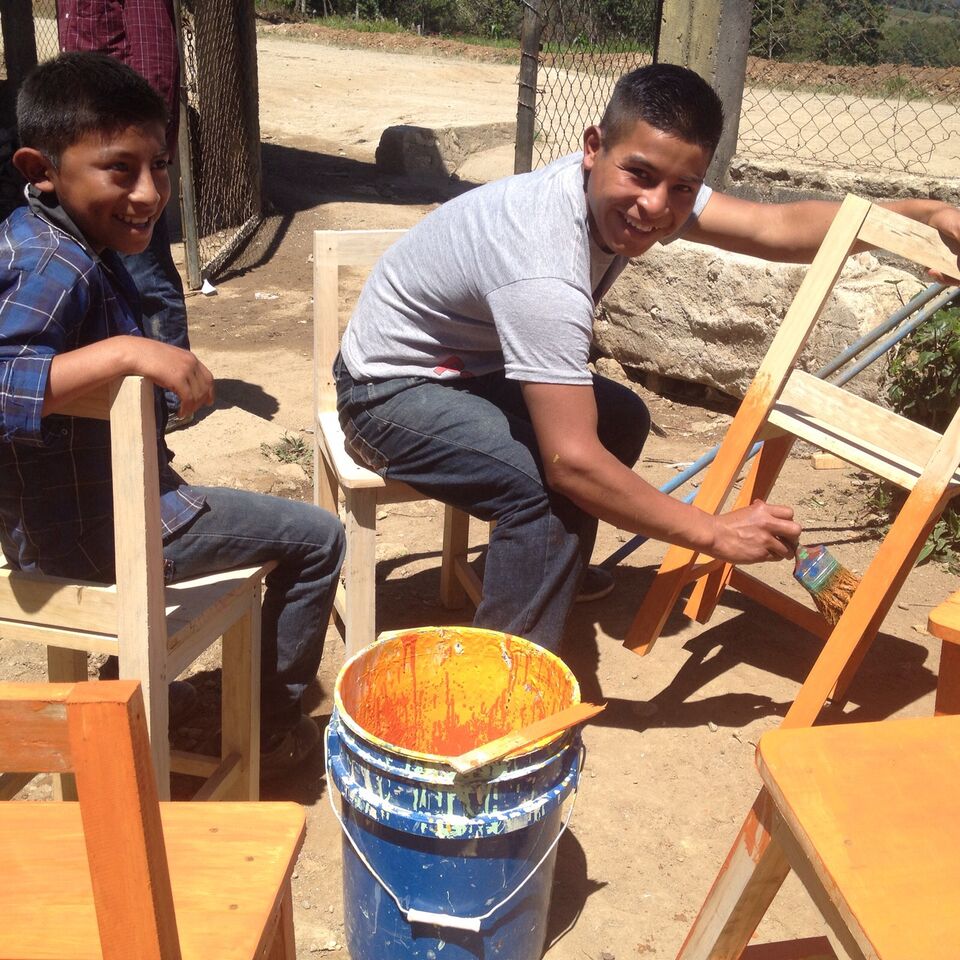 "There are no books in the community- no newspapers, no magazines - nothing, so the parents were really excited too to be able to come in and sit down with the books," she said.
"There are no books in the community- no newspapers, no magazines - nothing, so the parents were really excited too to be able to come in and sit down with the books," she said. 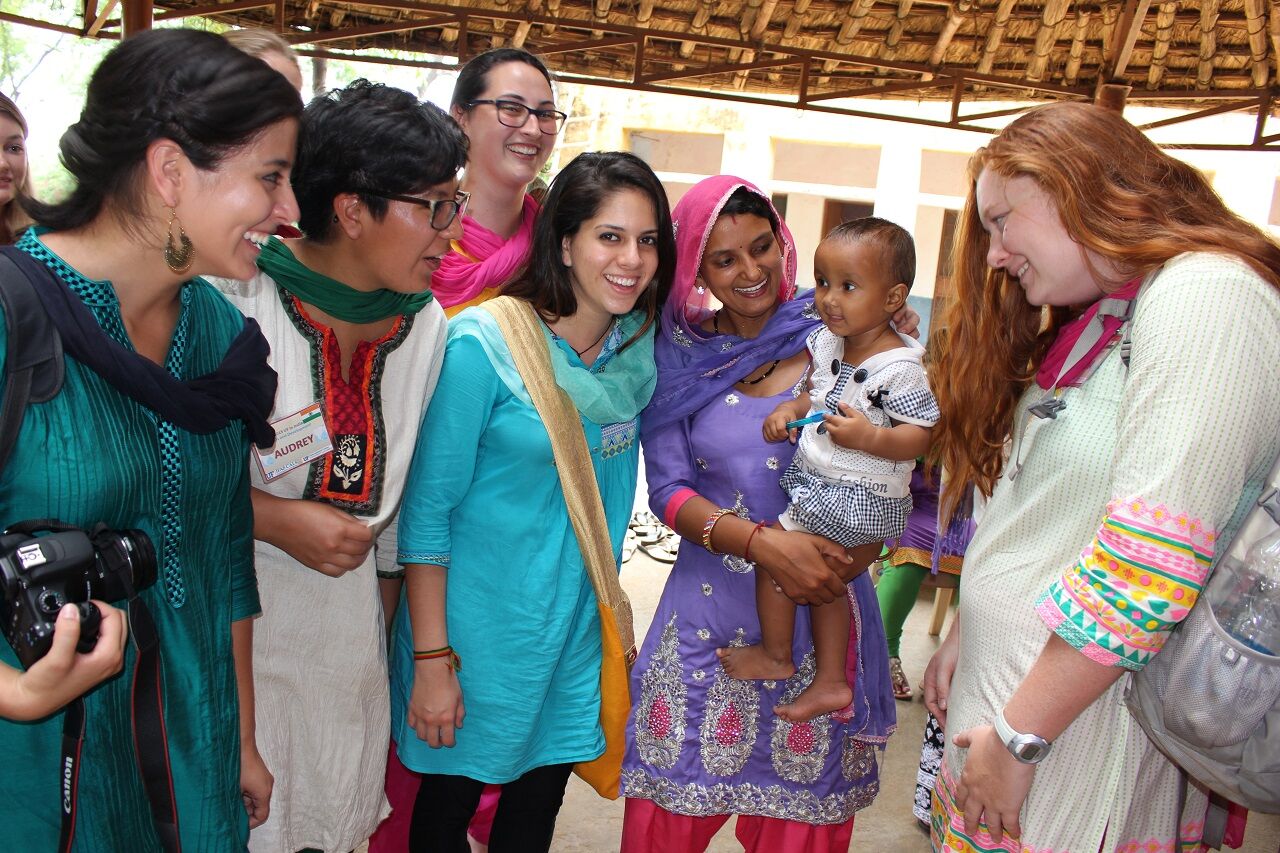
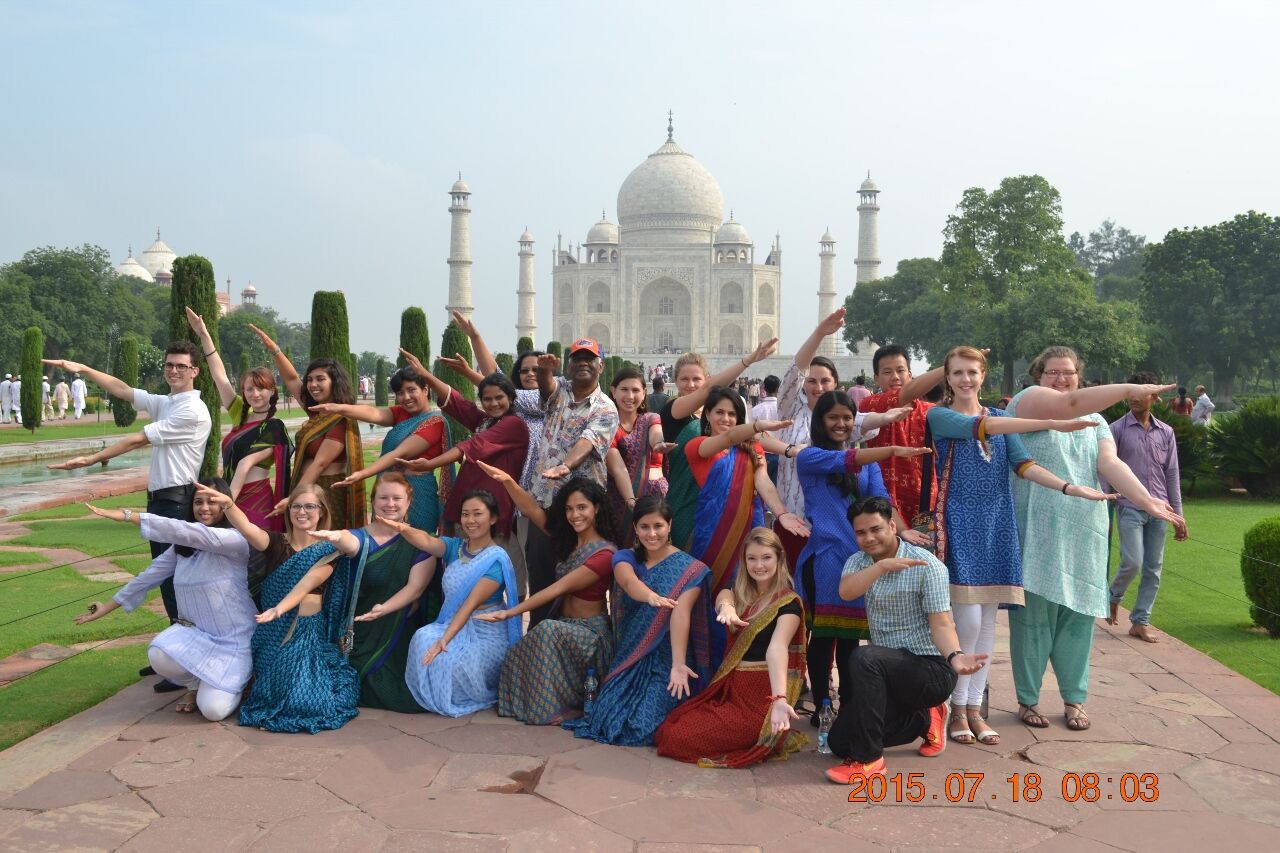 "I have students still writing me from the first group that went, saying, 'Dr. K, you changed my life,' and that is powerful. That's what keeps us going," Kumaran said.
"I have students still writing me from the first group that went, saying, 'Dr. K, you changed my life,' and that is powerful. That's what keeps us going," Kumaran said.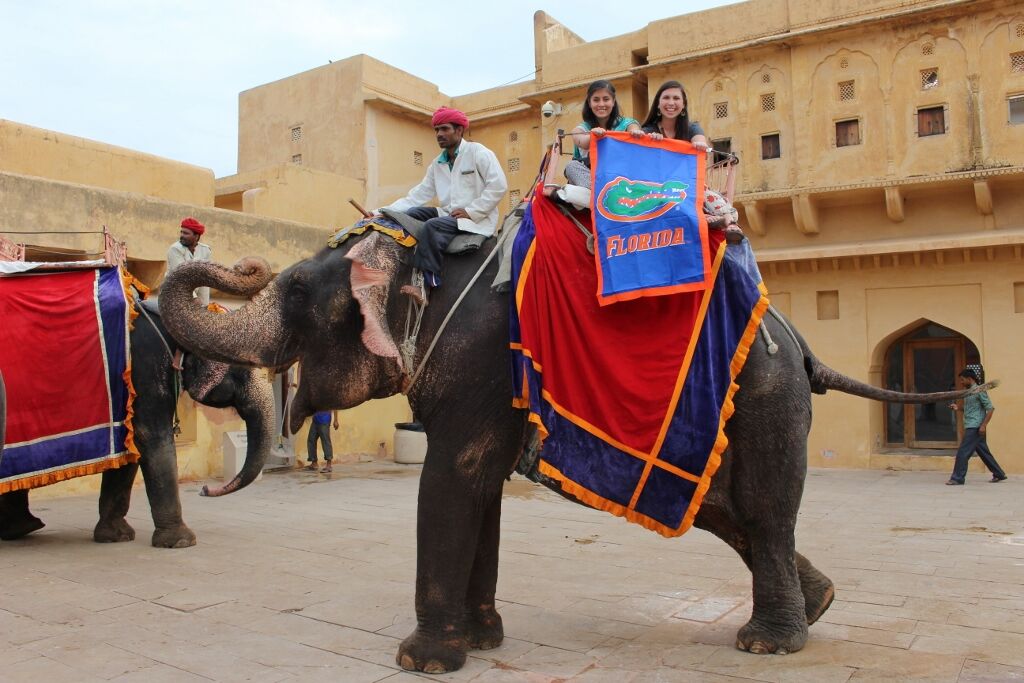 During their travels, the students visit the Taj Mahal, wear traditional Indian attire and eat traditional Indian meals, Hoza said.
During their travels, the students visit the Taj Mahal, wear traditional Indian attire and eat traditional Indian meals, Hoza said. 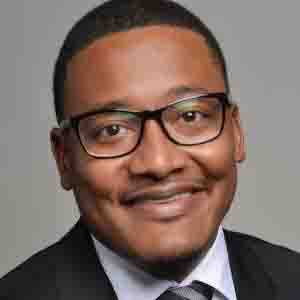
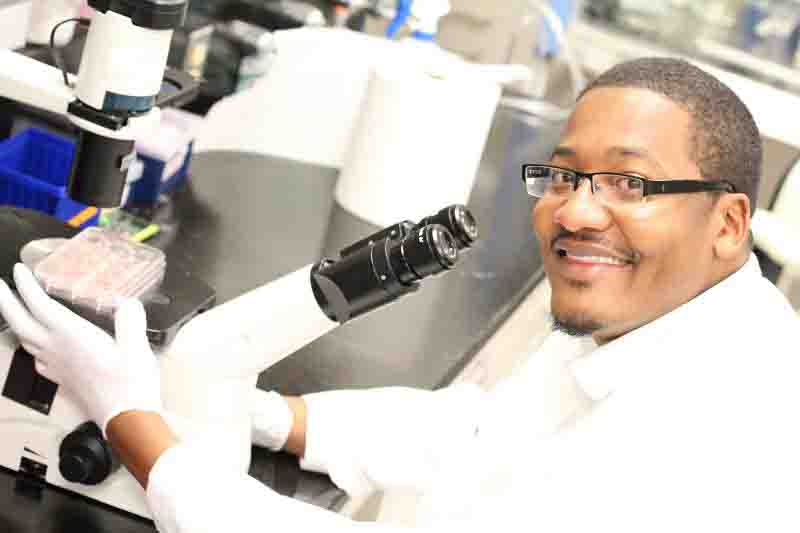 Following completion of his doctoral program at USF, Cox hopes to focus on policy and research for better funding in basic sciences.
"Our biology students are well prepared for graduate school and a variety of careers," Turner said.
Although, at the time, the biology major was new to CALS, Turner and other faculty and staff members worked to create a supportive atmosphere for students
with unique and personal advising opportunities.
"When you go to school to earn a degree, it's easier when you have a support group behind you," Cox said.
Cox is not alone in his success as a CALS biology graduate. Graduates from the CALS biology major continue to see success in many fields including
agricultural science, wildlife and zoology, optometry, dentistry, genetics and botany.
For more information on biology and other CALS undergraduate majors, visit www.cals.ufl.edu/undergraduate
Following completion of his doctoral program at USF, Cox hopes to focus on policy and research for better funding in basic sciences.
"Our biology students are well prepared for graduate school and a variety of careers," Turner said.
Although, at the time, the biology major was new to CALS, Turner and other faculty and staff members worked to create a supportive atmosphere for students
with unique and personal advising opportunities.
"When you go to school to earn a degree, it's easier when you have a support group behind you," Cox said.
Cox is not alone in his success as a CALS biology graduate. Graduates from the CALS biology major continue to see success in many fields including
agricultural science, wildlife and zoology, optometry, dentistry, genetics and botany.
For more information on biology and other CALS undergraduate majors, visit www.cals.ufl.edu/undergraduate
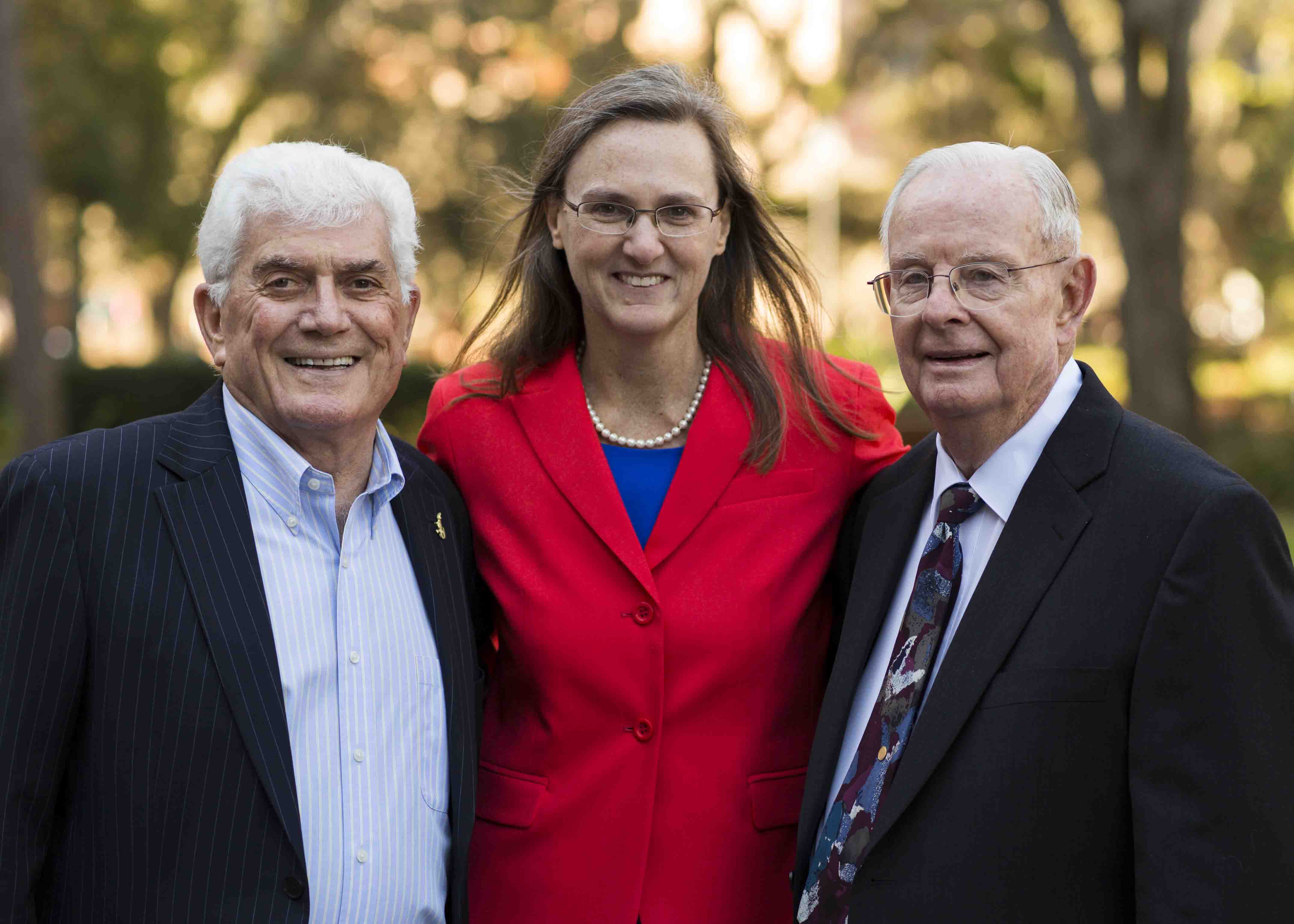
Fifty years after graduating from the University of Florida, Ghazi Taki returned to Gainesville to accept the Gator100 award for the success of his rapidly growing company, Amazing Taste.
The first Gator100 awards were held in February 2015 to recognize the fastest-growing businesses owned or led by UF graduates.Taki graduated with a degree in meat science from the College of Agricultural and Life Sciences in 1965 and went on to develop a number of successful seasoning products. Taki said he would not be where he is today if not for his time at UF. "Everything I know about meat tenderness and juiciness, and how you make food taste good and convenient – that's all Florida," Taki said.
After receiving a bachelor's degree in Baghdad, Iraq, then moving to Stillwater, Okla., to earn a master's degree in meat science from Oklahoma State University, Taki came to UF to continue his education. Taki's unique research efforts at OSU caught the attention of several graduate programs throughout the nation, but Taki was convinced that UF could offer him more than any other school."I heard that Dr. Palmer was one of the phenomenal meat science professors, and I thought that was an opportunity that I should explore," Taki said.
Zane Palmer, past professor in the animal sciences department, served as Taki's advisor throughout the course of his Ph.D. program."He (Palmer) was tough, very determined, and very demanding, but it was all good," Taki said. "Everything he had me do was a phenomenal thing for my career, and for my future." As Palmer's only graduate student at the time, Taki got all of Palmer's attention. Palmer required that Taki take additional English language courses, retake organic chemistry courses, and even that he take several courses in the medical school to develop knowledge on specific technologies, Taki said.
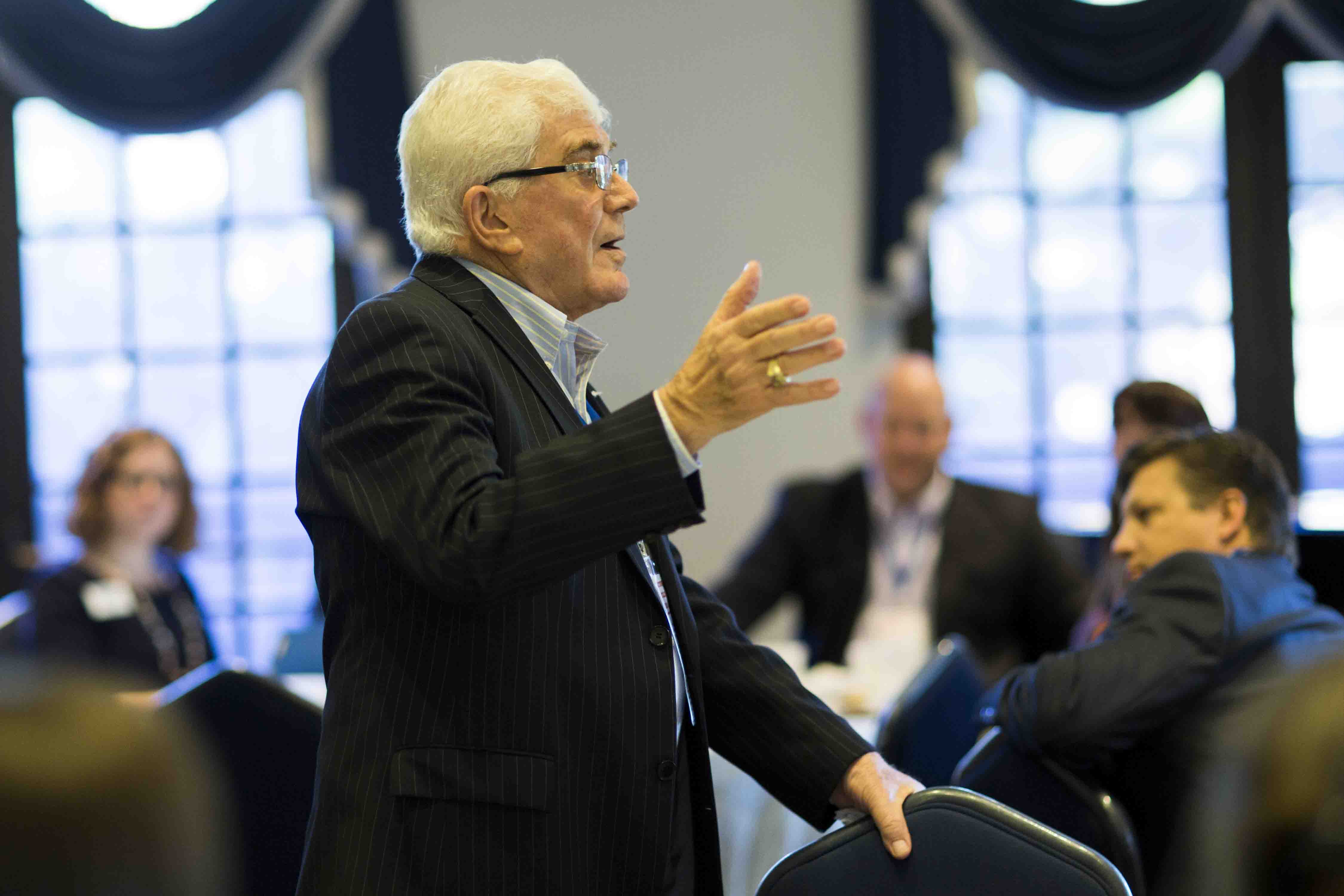 "He was very generous with his time with me, but had high expectations," Taki said.
Palmer and the animal sciences faculty were working in collaboration with Publix Supermarkets during the time that Taki was a student at UF.
"We worked very closely with Publix, and all this was evolving beginning at a time when Ghazi was here as a student, so he became acquainted with Publix," Palmer said.
Several years after his graduation, Taki would meet Publix again when they became the first grocery store to sell his products, Taki said.
Taki's success came as no surprise to Palmer.
"He learned quickly. He was energetic, enthusiastic about his research and coursework, and he was a self-starter. He was ambitious. He set his objectives, and he persevered in the pursuit of these objectives," Palmer said. "All of these things, coupled with his pleasant, always cheerful personality, indicated that he should have a most successful career in the US- and of course, he did."
Over the last 50 years, Palmer and Taki have maintained contact, and kept up to date with each other's progress and research, Palmer said. Now 93 years old, Palmer was in attendance with Taki at the Gator100 award ceremony in February.
"I was very, very pleased," Palmer said. "I had followed his progress."
"He was very generous with his time with me, but had high expectations," Taki said.
Palmer and the animal sciences faculty were working in collaboration with Publix Supermarkets during the time that Taki was a student at UF.
"We worked very closely with Publix, and all this was evolving beginning at a time when Ghazi was here as a student, so he became acquainted with Publix," Palmer said.
Several years after his graduation, Taki would meet Publix again when they became the first grocery store to sell his products, Taki said.
Taki's success came as no surprise to Palmer.
"He learned quickly. He was energetic, enthusiastic about his research and coursework, and he was a self-starter. He was ambitious. He set his objectives, and he persevered in the pursuit of these objectives," Palmer said. "All of these things, coupled with his pleasant, always cheerful personality, indicated that he should have a most successful career in the US- and of course, he did."
Over the last 50 years, Palmer and Taki have maintained contact, and kept up to date with each other's progress and research, Palmer said. Now 93 years old, Palmer was in attendance with Taki at the Gator100 award ceremony in February.
"I was very, very pleased," Palmer said. "I had followed his progress."
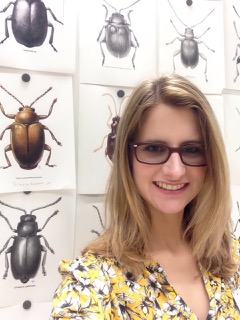
The team has spent several months studying more than 700 specimens of these beetles. They have conducted DNA tests and dissections and gathered detailed descriptions of each beetle for comparison, Harrison said.
After collecting data for almost a year, Harrison had the opportunity to travel to the Smithsonian museum in Washington, D.C., to study the type specimens for these two species of beetles. Type specimens are specimens that are selected to be representative of the species as a whole, Moore said."I went there to photograph them and get data off the type specimens to determine if cyclocephala deceptor is really a different species or not," Harrison said. What Harrison and Moore didn't anticipate was the Smithsonian staff allowing Harrison to take the type specimens back to UF for further research. Having the ability to continue studying the specimens in the laboratory is a major advantage, Moore said.
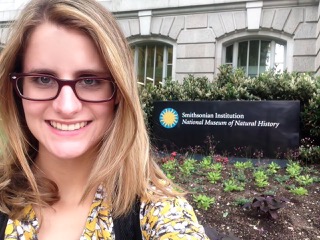 "I was uncertain that they would let them leave with an undergraduate student," Moore said.
Moore explained that the Smithsonian houses a large collection of type specimens that are commonly used for research by many institutions. Although, it is much more common for graduate students and faculty members to be involved in these projects than undergraduate students, Moore said.
"I'm excited, but I just know you have to be really careful with specimens like that, and you need to take care of them," Harrison said.
Moore said he designed the project knowing that it would be a good opportunity for an undergraduate student to gain experience in research.
Harrison said she had expressed interest to her professors and advisors to be involved with research, so when the opportunity arose, she was immediately recommended.
"At the end of it, Stefani will have a paper, she'll have all this experience and all these professional connections," Moore said. "I designed this project with the specific intention to develop an undergraduate researcher. I knew we would have good results because I knew this was an interesting project."
Although she would like to focus future efforts on live animals, Harrison said her involvement in this project has influenced her educational and career goals.
"This project has definitely inspired me to push more towards beetles," Harrison said. "I've realized that Scarabs, and all beetles, are really awesome, but they're also not really acknowledged."
"I was uncertain that they would let them leave with an undergraduate student," Moore said.
Moore explained that the Smithsonian houses a large collection of type specimens that are commonly used for research by many institutions. Although, it is much more common for graduate students and faculty members to be involved in these projects than undergraduate students, Moore said.
"I'm excited, but I just know you have to be really careful with specimens like that, and you need to take care of them," Harrison said.
Moore said he designed the project knowing that it would be a good opportunity for an undergraduate student to gain experience in research.
Harrison said she had expressed interest to her professors and advisors to be involved with research, so when the opportunity arose, she was immediately recommended.
"At the end of it, Stefani will have a paper, she'll have all this experience and all these professional connections," Moore said. "I designed this project with the specific intention to develop an undergraduate researcher. I knew we would have good results because I knew this was an interesting project."
Although she would like to focus future efforts on live animals, Harrison said her involvement in this project has influenced her educational and career goals.
"This project has definitely inspired me to push more towards beetles," Harrison said. "I've realized that Scarabs, and all beetles, are really awesome, but they're also not really acknowledged."